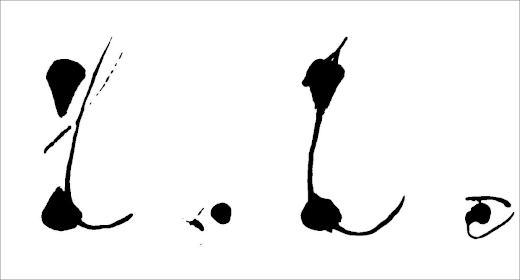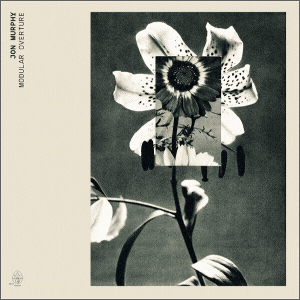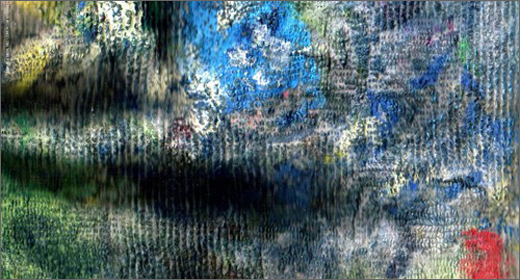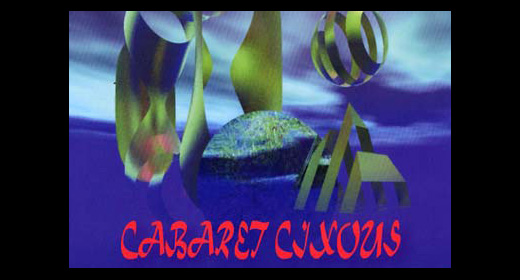These ten tracks pull dexterously from the trappings and tokens of bit-crushed harsh noise, sound art, glitch, and field recording while remaining firmly aware of the cultural residues to which they are so dedicated.

Tokens of bit-crushed harsh noise
It’s clear Sebastian Maria is of his own mind. Though a founding member of NYC-based Latinx DJ collective Sazón Department—and likewise concerned with the class project, that is, dissecting a fragmented sociohistorical self—Maria seems to make music only in the most personally-precise of terms. In this vein, his latest record L.L. celebrates and signals a debt to diasporic memory while remaining individual in calculation.
The title L.L. stands for “language limit” and/or “limite languaje” and, as the twin abbreviation suggests, the record naturally exists along the intersection of Anglophonic and Hispanic cultural spheres. But it also seems to more broadly gesture at the futility of language itself—literally, the limits of language.
And so the record itself dual-wields and withholds a vernacular orality in a way that doesn’t simply lend itself to navel-gaze or pure neologism. In Maria’s own words, L.L. is “stripped of visual counterparts, character-driven lyrics, and narratives”, partly as a reaction to, and rejection of, what he calls the “relentless theatricalization of music”. (Even the vocal sample chops, as on “Deseamos…” or “River Stole the Gods,” are distorted beyond recognition as if to obscure cheap augury of meaning.)
So the record’s not autobiographical or pictorial, but it’s hardly any less personal: while we know what it stands for, Maria too describes L.L. as a labor of love. And after listening, I don’t doubt it. The record is imbued with the sonic signatures that demarcate Maria’s most engaging, thoughtful pieces. Similar to his 2019’s conceptual album LUNITAS, these ten tracks pull dexterously from the trappings and tokens of bit-crushed harsh noise, sound art, glitch, and field recording while remaining firmly aware of the cultural residues to which they are so dedicated.
The titles themselves give no hints, refraining from limning or justifying the “FYE” conflagration of textures (and thankfully so, as in the case of “Quick Fox…”). But they do anchor disparate movements, edited and spliced together by the memetic material of reggaeton, cumbia, and other Latin American and Caribbean musical genera. So the individual tracks all call to mind the rhythm and dance of la Calle or even the club at their edges while scanning treacherously like amnesia.
L.L. ultimately exposes a raw physicality by way of a masterful anti-narration. Less than a half-hour long, it still feels impossibly pregnant with ideas, like it could keep going, dancing beyond its temporal reaches. Maria says he intends L.L. to “push for a new identity within the experimental electronic genre”. He has also, in the past, professed to an “unsustainable, obsessive” sixty-hour-per-week music schedule. If this is any evidence, his work is beginning to pay off.
L.L. is available on Bandcamp.






















![Allmanna Town :: 1911 EP (Self Released) — [concise]](https://igloomag.com/wp/wp-content/uploads/2025/03/allmannatown-1911_feat2-75x75.jpg)


